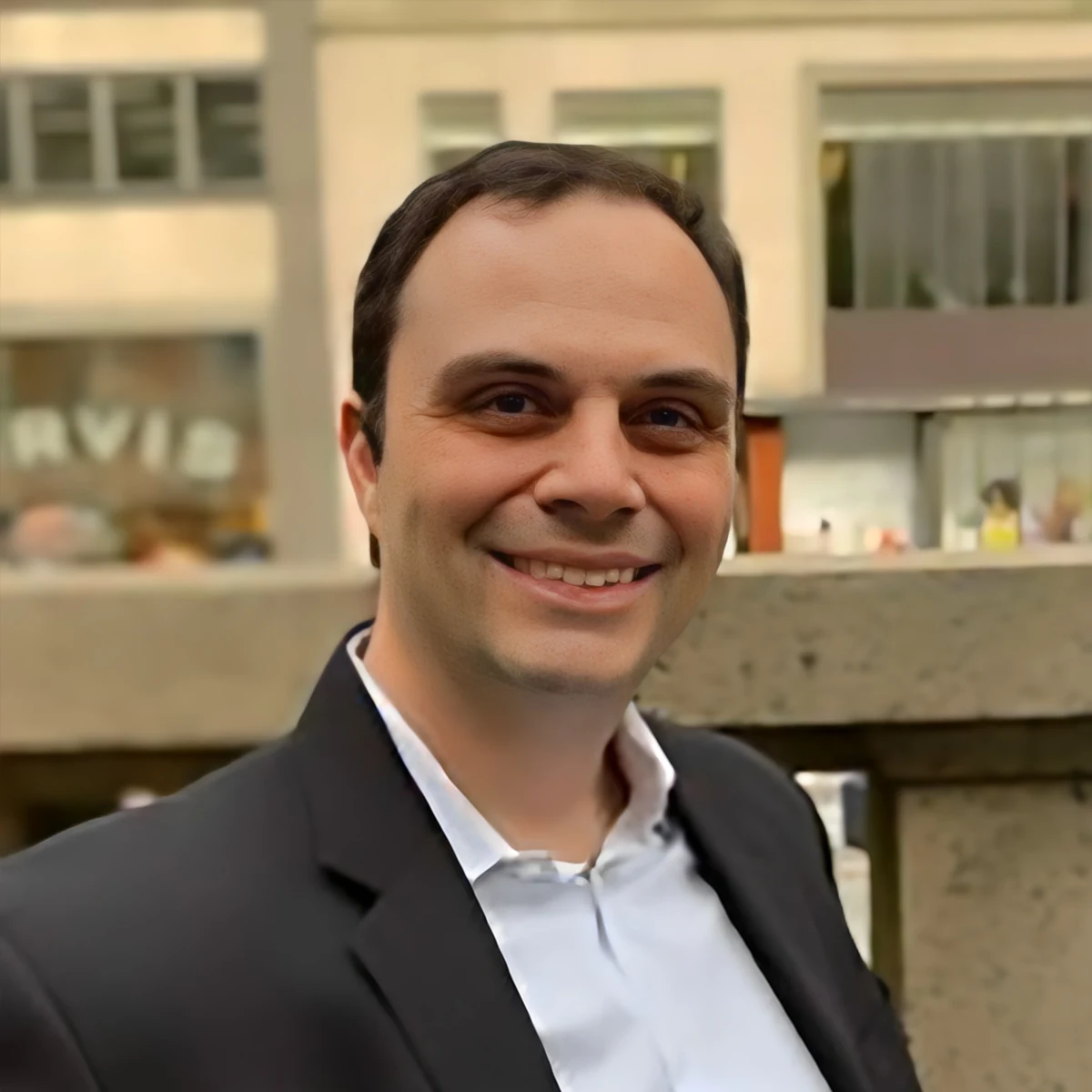

Beach Rotana, Abu Dhabi
Open Source AI Summit Abu Dhabi fosters cross-community scientific excellence and industry best practices while bringing together experts from various disciplines and horizons to holistically nurture the UAE’s thriving AI ecosystem.
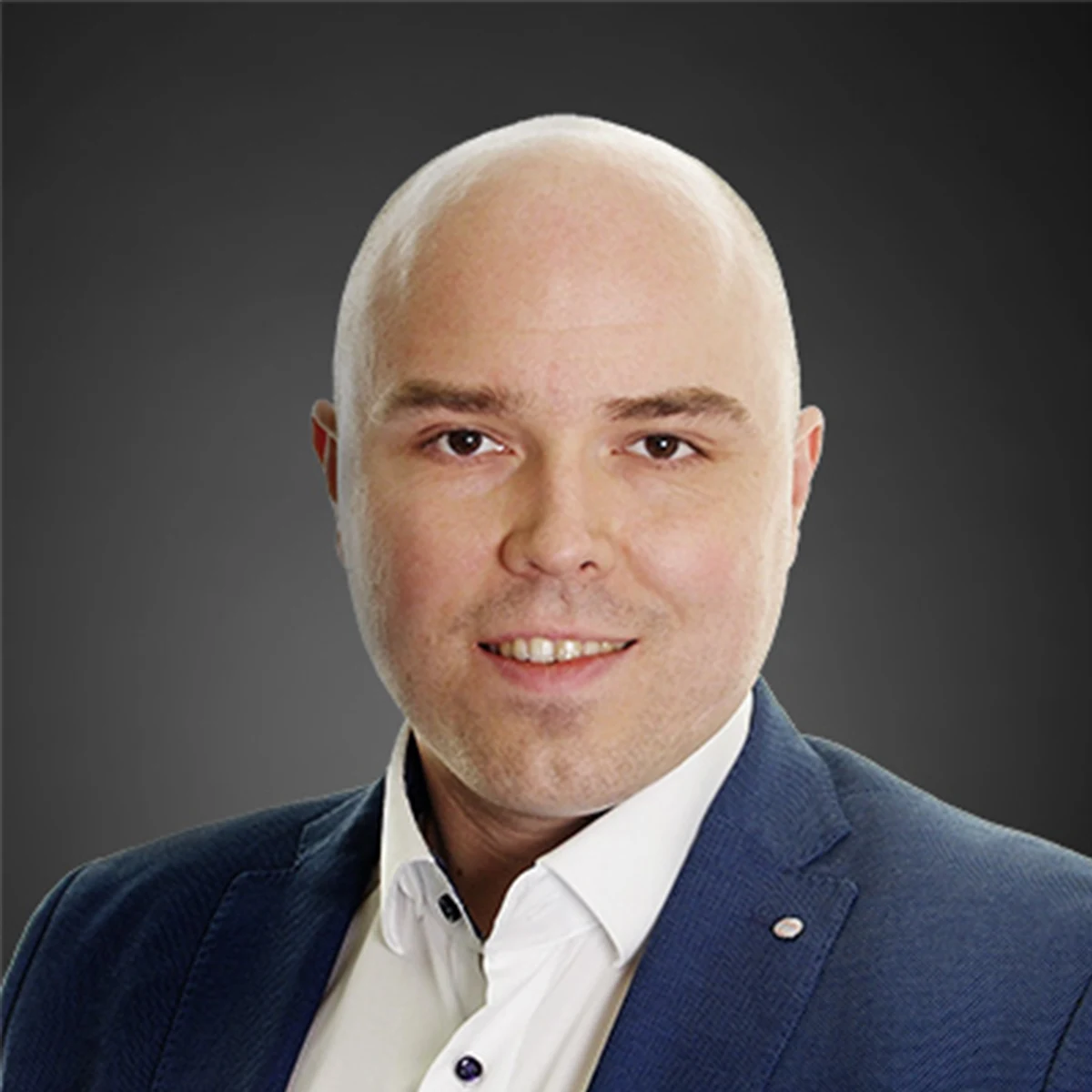

This session provides an overview of ongoing collaborative work between NVIDIA and the Technology Innovation Institute (TII). Over the last couple of months we have initiated a number of joint collaborative projects including:
The goal of the talk is to share with the audience the first wave of results as well as trajectory for further collaboration.
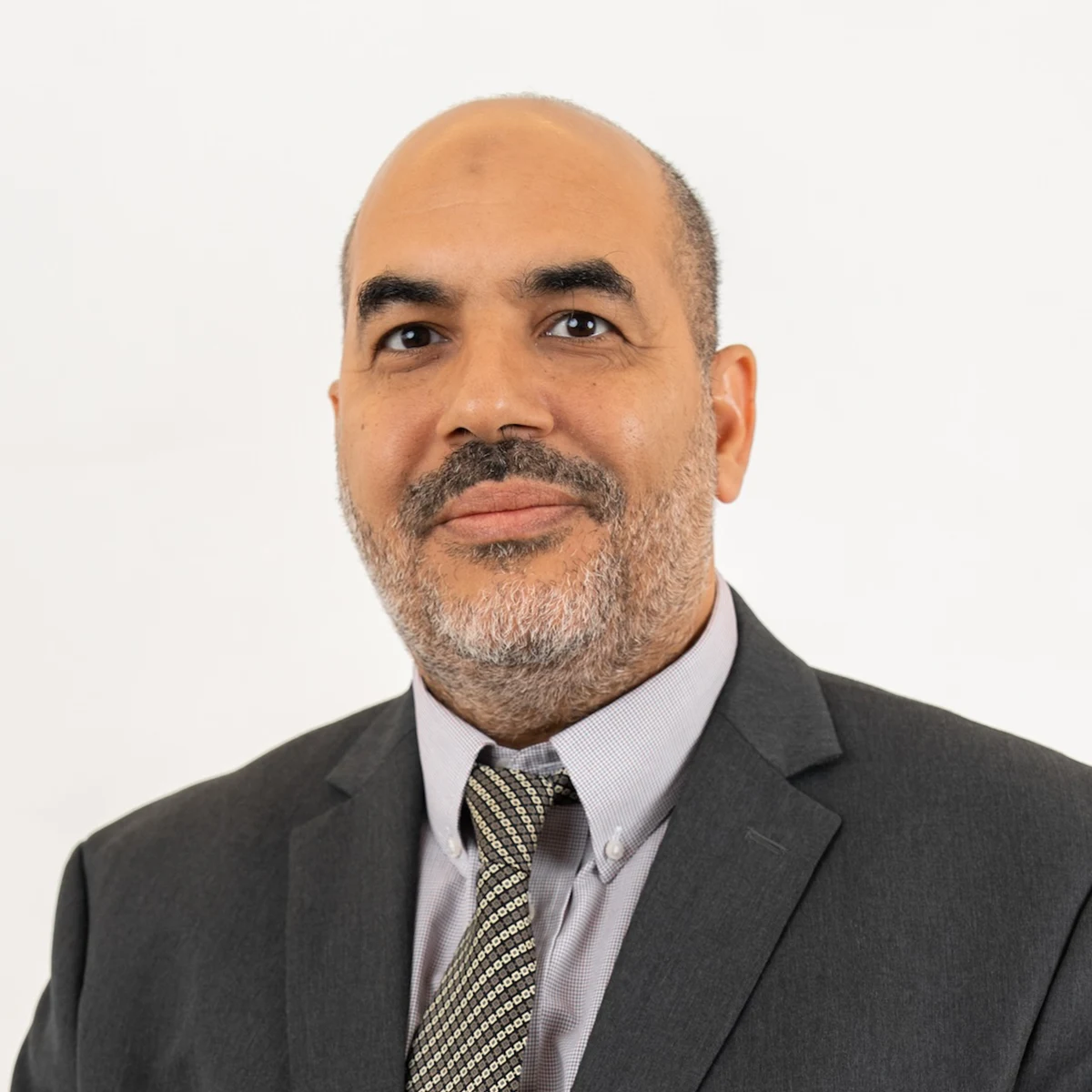

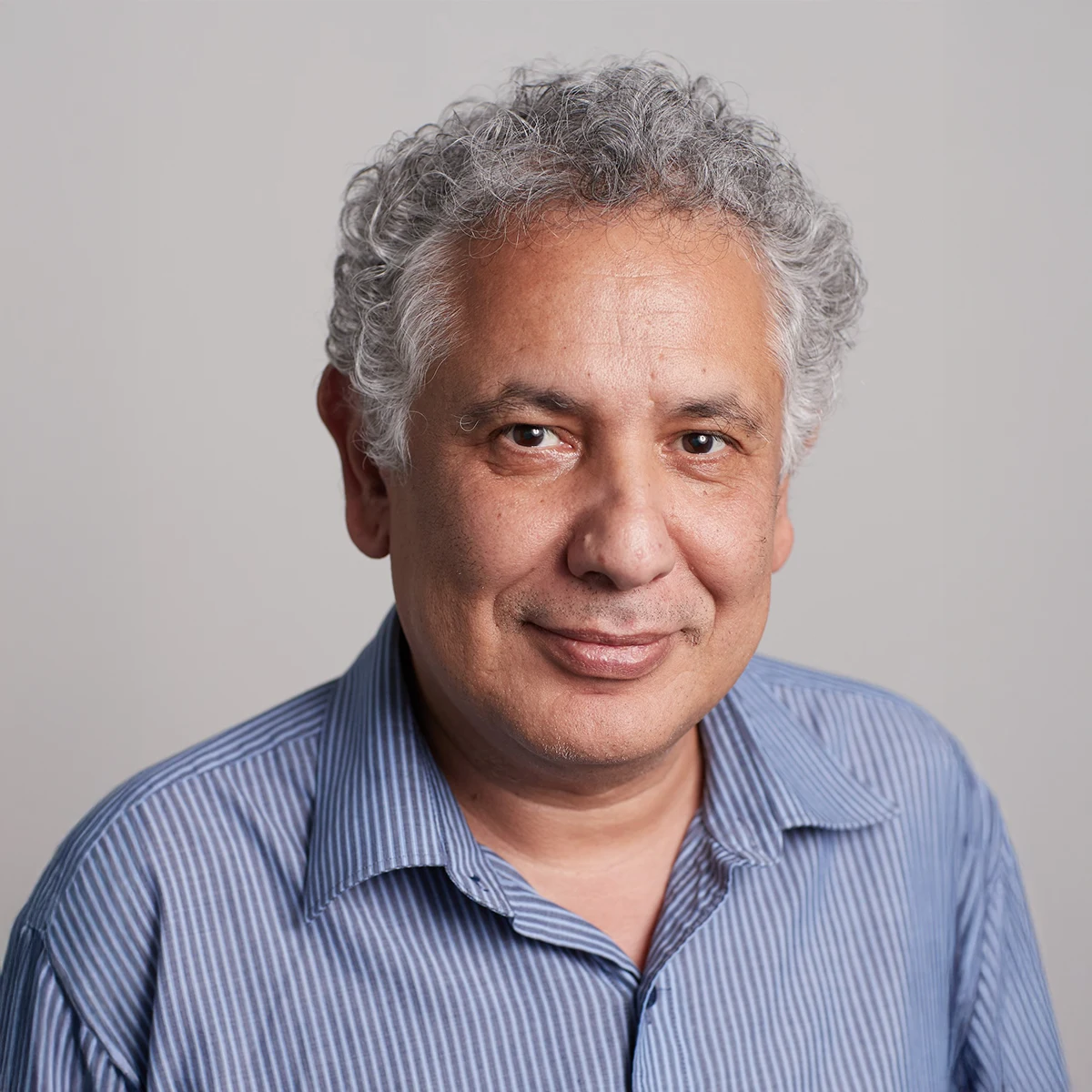

Prof. Boualem Benatallah is a full professor of computing at Dublin City University (DCU, Ireland) since January 2022. He has had over 21 years as a research leader and academic at UNSW Sydney (Australia), where he served as senior lecturer, associate professor, professor, and Scientia Professor, before joining DCU. He is a Fellow of the IEEE.
His main research interests are in AI-enabled services, process AI, LLM-powered agents, quality control in crowdsourcing and AI services, service-oriented computing, and business process management. He has published more than 330 refereed papers, including more than 90 journal papers. Most of his papers appeared in very selective and reputable conferences and journals. His research attracted a large amount of competitive research funding through national and international grants from both government and industry. He supervised over 38 research students to completion. He was awarded the prestigious IEEE TCSVC Research Innovation Award for contributions to Model-driven Web Services Composition. He has also won multiple best paper awards at prestigious conferences and received the IBM Faculty Award. With his co-authors, he was recognized by IEEE TSE for one of the most influential papers of the journal’s 3rd decade and contributed a retrospective to its 50th anniversary issue in 2025.
Boualem has been general and PC chair of a number of international conferences and has served as guest editor of several special issues in leading journals. He was a member of the Steering Committee (SC) of the BPM conference. He is a member of the SC of the ICSOC and CoopIS conferences and serves on the editorial boards of several prestigious journals including ACM Transactions on the Web, IEEE Transactions on Services Computing, and ACM Computing Surveys. He was a member of the team (comprising multiple university, government, and industry partners) that founded and constructed the successful bid for the Smart Services CRC (Cooperative Research Centre, Australia). He was also research leader of the Data Curation Foundry research stream at the Data to Decisions CRC (Australia). He is funded investigator at the Insight Research Centre (Ireland).
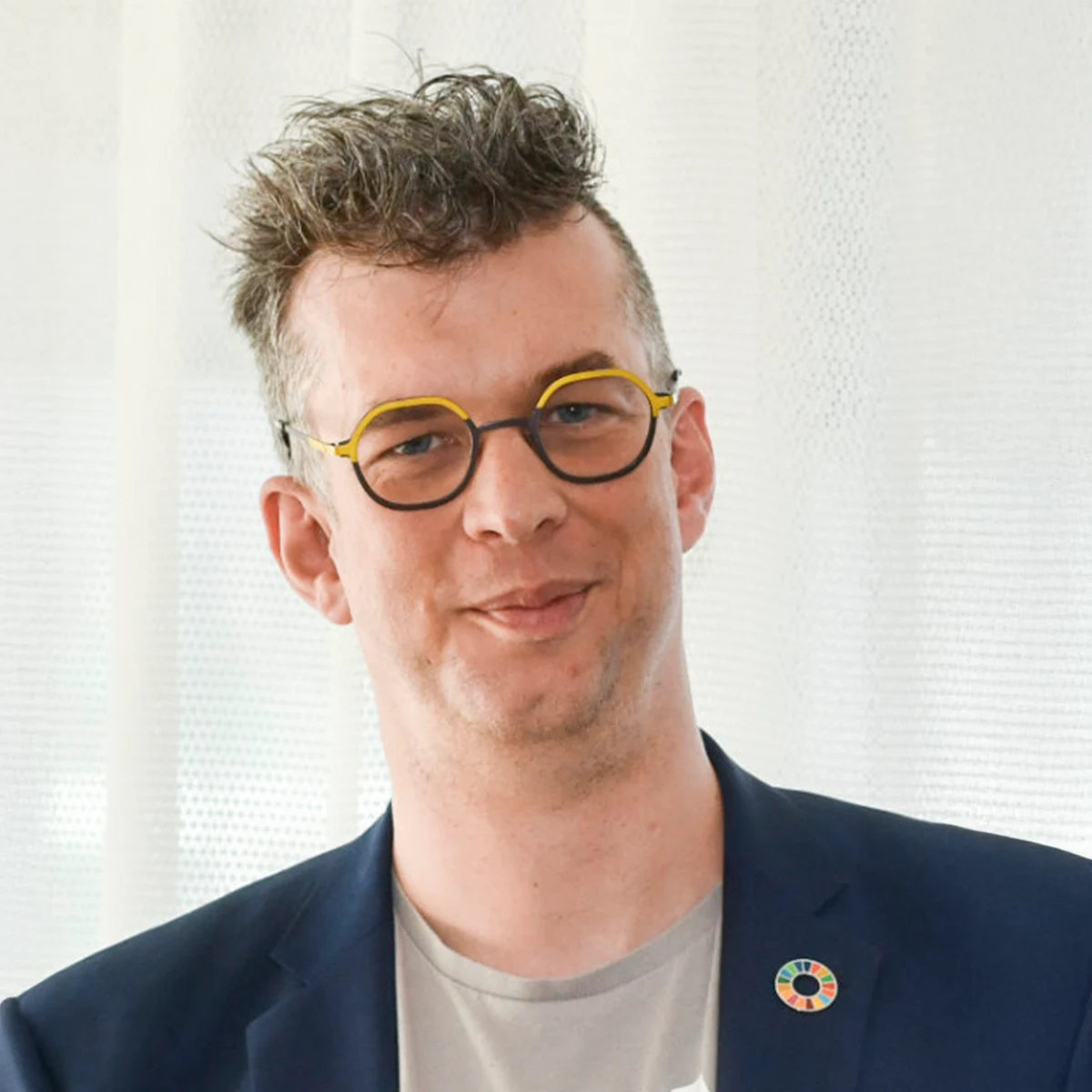

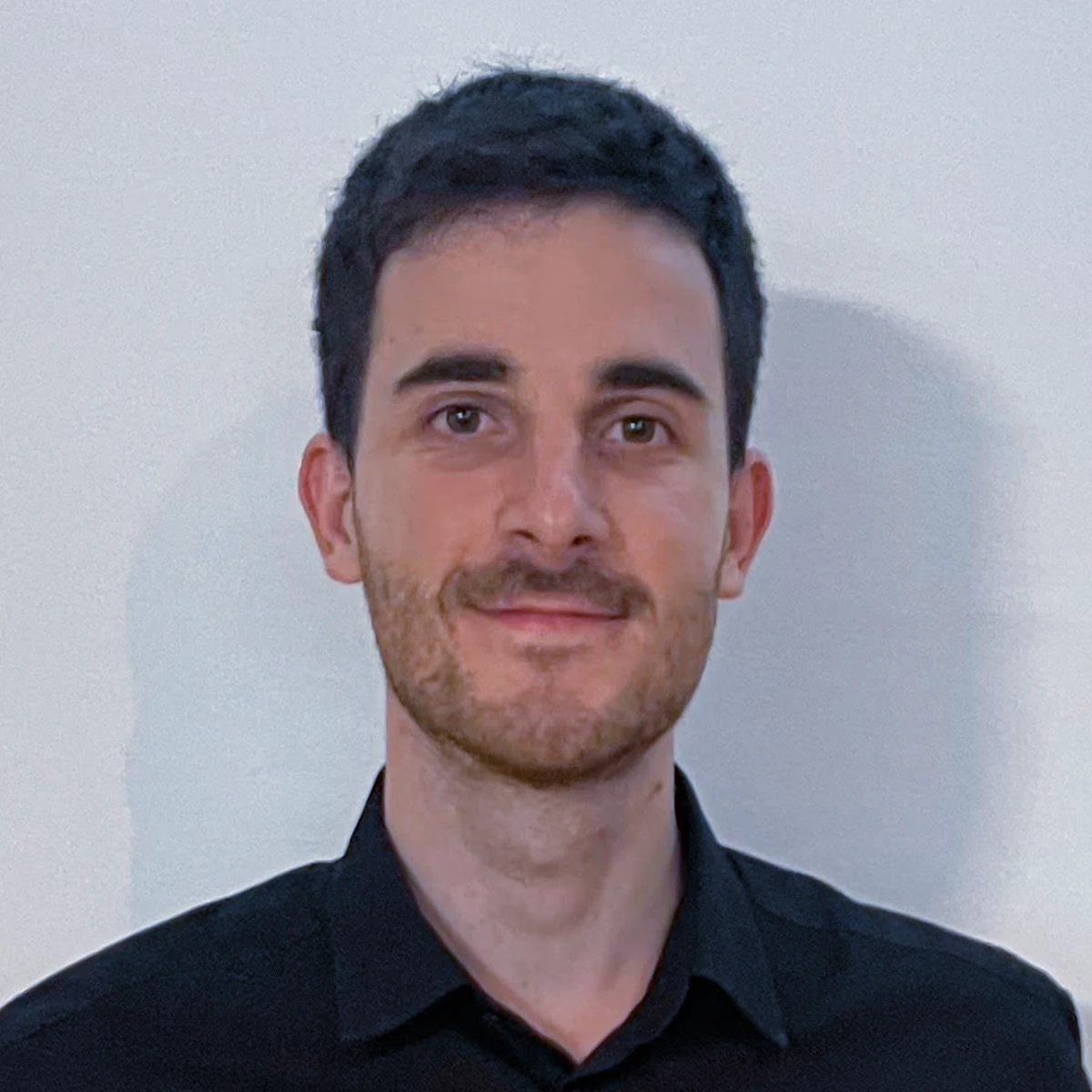

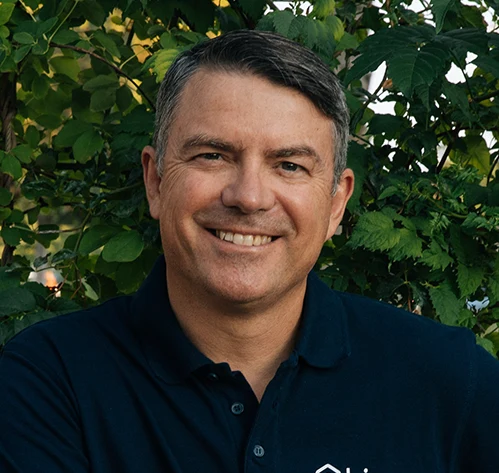

A sovereign infrastructure is crucial for running open source large language models (LLMs) because it empowers organizations and nations with control, transparency, and security over AI systems and the sensitive data they use. True sovereignty in AI comes from owning and managing the entire technological stack and data pipeline, ensuring autonomy from external vendors or cloud providers.
This talk will demonstrate how building and operating open source LLMs on sovereign infrastructure enables protection of intellectual property, compliance with local data laws, and the creation of customizable, stable platforms to fuel innovation and meet strategic needs. Such infrastructure ensures organizations and nations can avoid geopolitical risks, enhance data privacy, and align AI development with local priorities, values, and regulations. Sovereign infrastructure ultimately supports economic growth, national security, and the responsible use of AI at a local scale.
David Gurle is a French engineer, a serial entrepreneur and pioneer in IP communications and distributed computing. He is the founder and former CEO of Symphony Communication Services, a $1.5 billion unicorn providing secure messaging for financial institutions, and previously led business units at Skype, Microsoft, and Thomson Reuters.
Currently, David is the founder and CEO of Hivenet and PoliCloud, building distributed cloud software and data center infrastructure. He holds a master’s degree in computer science and telecommunications from EFREI, and his career is marked by launching innovative platforms and advancing secure communications and cloud technologies globally. David Gurle lives in Dubai, UAE.
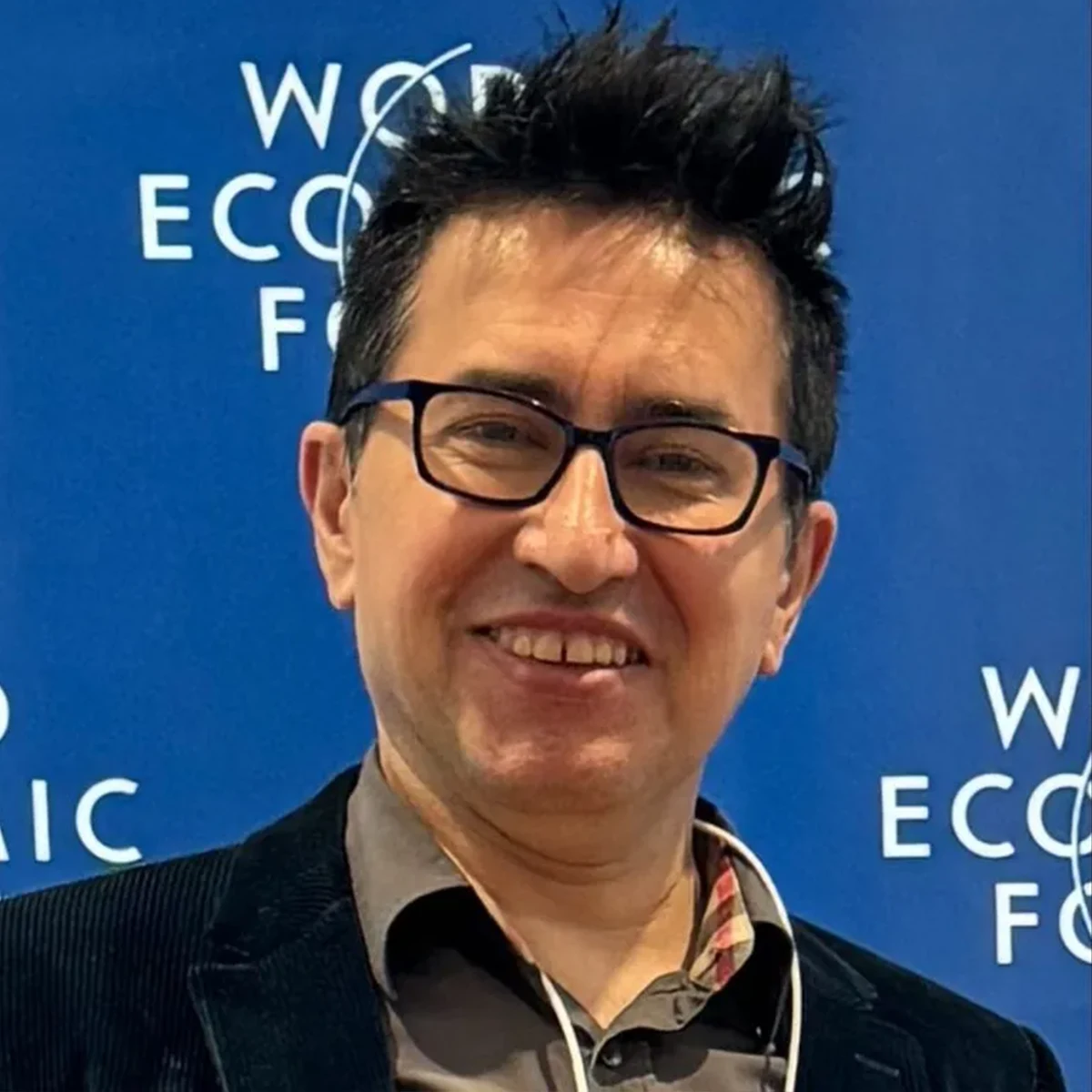

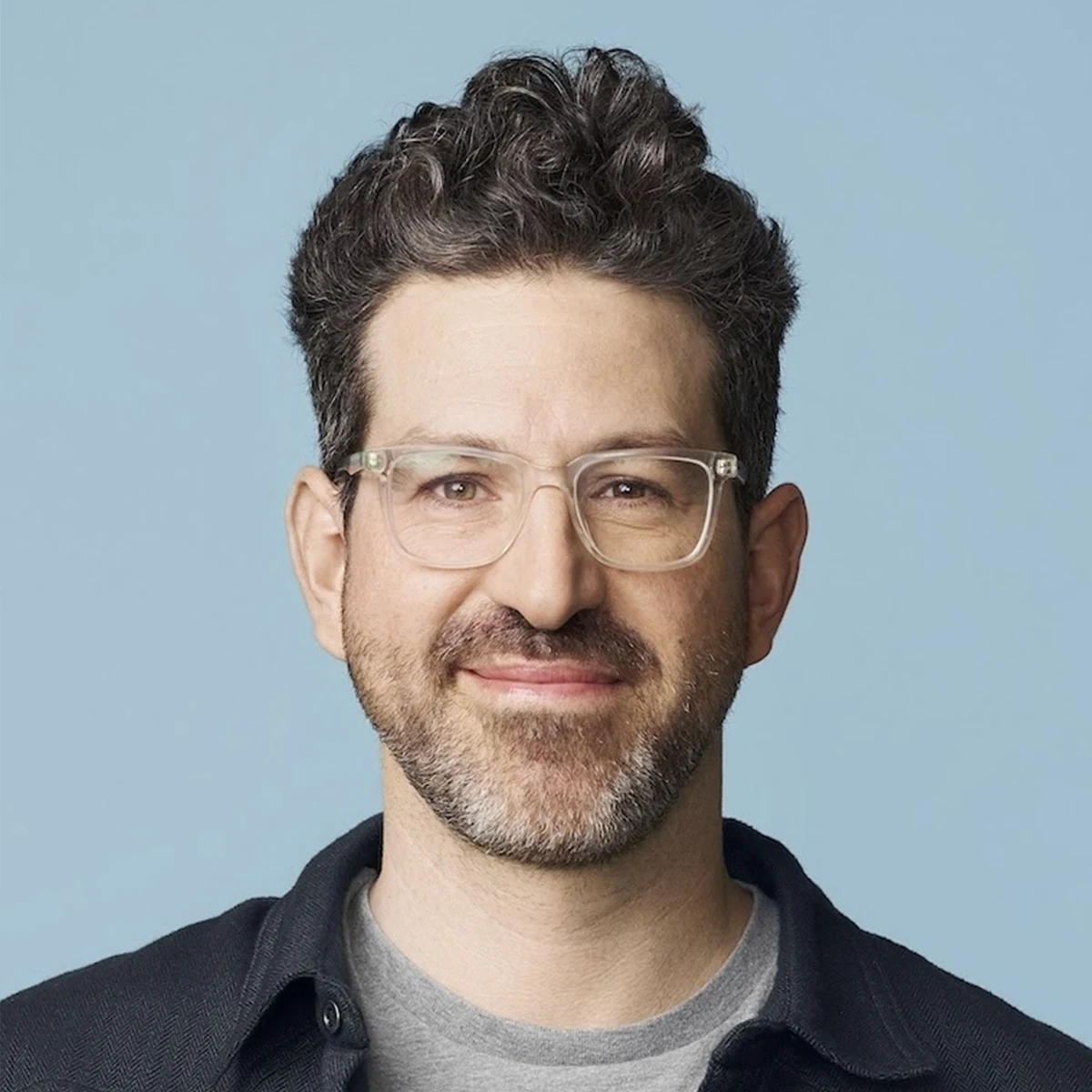

Much like large language models have done for text, neuro-foundation models aim to capture general and universal patterns of neural activity from different acquisition modalities, across brain regions, tasks, and even species. The learned representations can then be used to fine tune for varied tasks from diagnostic assistance, to machine learning tools for neuro-technology. I this talk, I will focus on real-time decoding of neural activity. This is central to neuroscience and neuro-technology applications, such as closed-loop experiments and brain-computer interfaces where models are subject to strict latency constraints. Traditional methods, including simple recurrent neural networks, are fast and lightweight but often struggle to generalize to unseen data. In contrast, recent Transformer-based approaches leverage large-scale pre-training for strong generalization performance, but typically have much larger computational requirements and are not always suitable for low-resource or real-time settings. To address these shortcomings, we present POSSM, a novel hybrid architecture that combines individual spike tokenization via a cross-attention module with a recurrent state-space model (SSM) backbone to enable (1) fast and causal online prediction on neural activity and (2) efficient generalization to new sessions, individuals, and tasks through multi-dataset pre-training. I will present of series of results showcasing the efficiency of our approach, ranging from rapid low-latency inference of pre-trained models to transfer learning between species.
These results suggest that hybrid SSMs are a promising approach to bridging the gap between accuracy, inference speed and generalization when training time-series models for real-time closed-loop applications
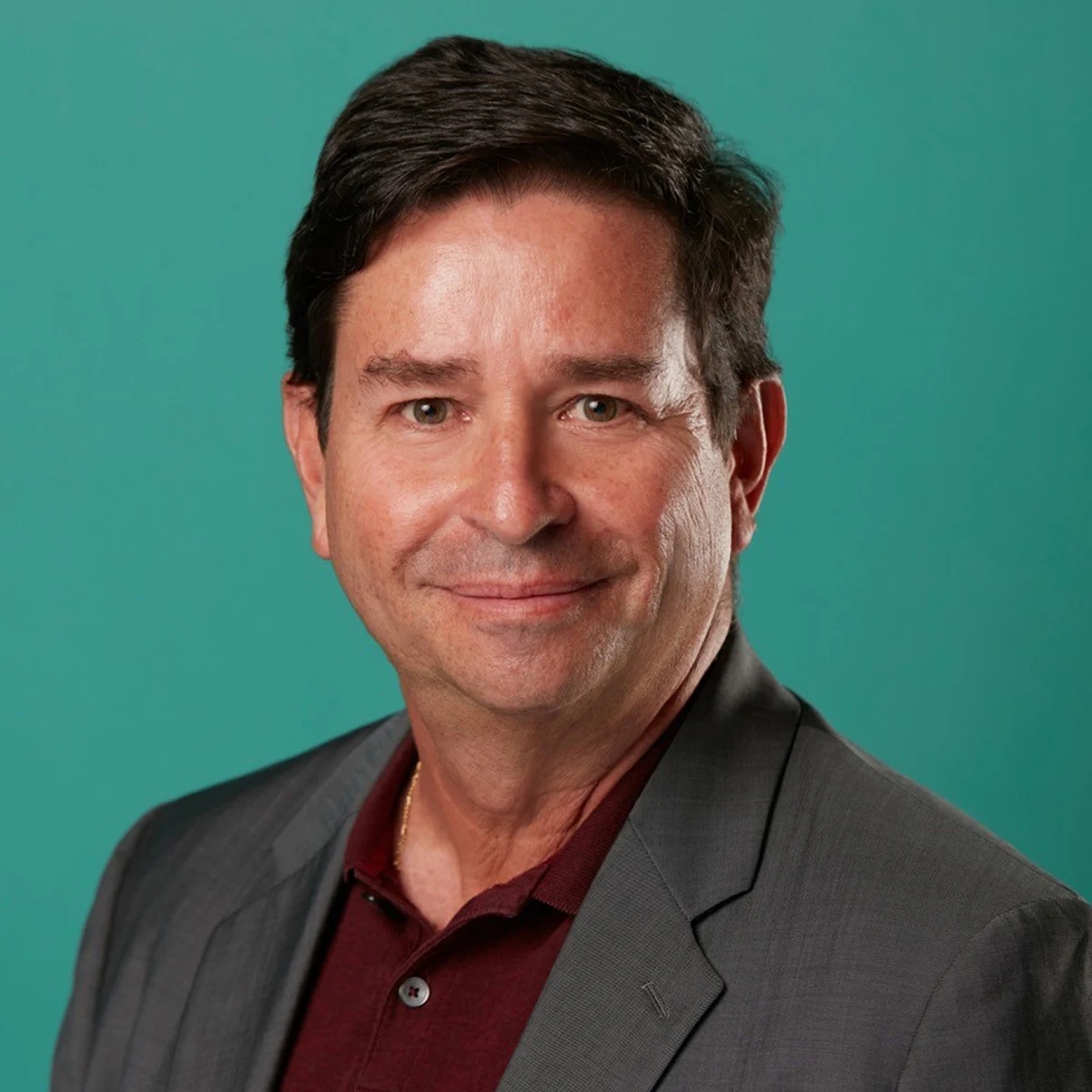

The convergence of machine learning, generative AI, and metabolomics is revolutionizing our approach to biomedical research and clinical applications. This presentation will explore cutting-edge innovations that are accelerating discovery and translation in life sciences.
I will introduce GigaKit and GigaView, our integrated platforms for high-throughput metabolomics data processing and visualization, demonstrating how these tools enable researchers to handle massive datasets with unprecedented efficiency. The talk will showcase how agentic AI systems are transforming life sciences workflows, moving from passive analytical tools to active research partners that can design experiments, interpret results, and generate hypotheses.
A key focus will be on Lab-in-a-loop architectures, where AI systems continuously learn from experimental outcomes to optimize protocols and accelerate discovery cycles. I will present case studies demonstrating the integration of organ-on-a-chip technologies with AI-driven metabolomics, creating powerful models for drug discovery and personalized medicine.
Key takeaways will include practical strategies for implementing AI in metabolomics laboratories, overcoming common challenges in data integration, and future directions for the field as we move toward truly personalized, AI-driven medicine.
Dr. Jacques Corbeil is a pioneering researcher operating at the intersection of machine learning and omics sciences, with over two decades of experience in medical genomics and bioinformatics. As the former Canada Research Chair in Medical Genomics (Tier 1, 2003-2024), Dr. Corbeil has established himself as a leader in applying artificial intelligence to complex biological challenges.
His research leverages state-of-the-art computational approaches to transform the way we diagnose diseases, predict treatment outcomes, and understand biological systems. Dr. Corbeil specializes in developing novel machine learning algorithms for interpreting the massive datasets generated by modern genomics and metabolomics platforms, including high-throughput mass spectrometry and next-generation sequencing.
His laboratory investigates critical biomedical questions, including host-pathogen interactions, the impact of antibiotics on microbial communities and environmental health, and the design of targeted therapeutics for infectious diseases and cancer. A particular strength is his expertise in integrating multi-omics data, combining metabolomics, genomics, and clinical data to create comprehensive disease models.
Dr. Corbeil maintains extensive collaborations with industry partners, helping organizations implement AI strategies and optimize their analytical processes. His work bridges the gap between computational innovation and clinical application, with a focus on translating big data analytics into actionable insights for precision medicine. His contributions have been instrumental in advancing our understanding of infectious disease dynamics and cancer progression through the lens of systems biology and artificial intelligence.

Dr. Kareem Darwish is a principal scientist at the Qatar Computing Research Institute (QCRI), and he is co-leading the effort to create Fanar, an Arabic LLM. Previously, he was a principal scientist at aiXplain Inc working on efficient human-in-the-loop ML and speech processing. He was also the acting research director of the Arabic Language Technologies group (ALT) at QCRI where he worked on information retrieval, computational social science, and natural language processing. Kareem Darwish worked as a researcher at Microsoft and IBM and taught at the German University in Cairo and Cairo University.
His research on natural language processing has led to state-of-the-art tools for Arabic processing that perform several tasks such as part-of-speech tagging, named entity recognition, automatic diacritic recovery, sentiment analysis, and parsing. His work on social computing focused on predictive stance detection to predict how users feel about an issue now or perhaps in the future, and on detecting malicious behavior on social media platform, particularly propaganda accounts. His innovative work on social computing has received much media coverage from international news outlets such as CNN, Newsweek, Washington Post, the Mirror, and many others.
Aside from the many research papers that he authored, he also authored books in both English and Arabic on a variety of subjects including Arabic processing, politics, and social psychology.
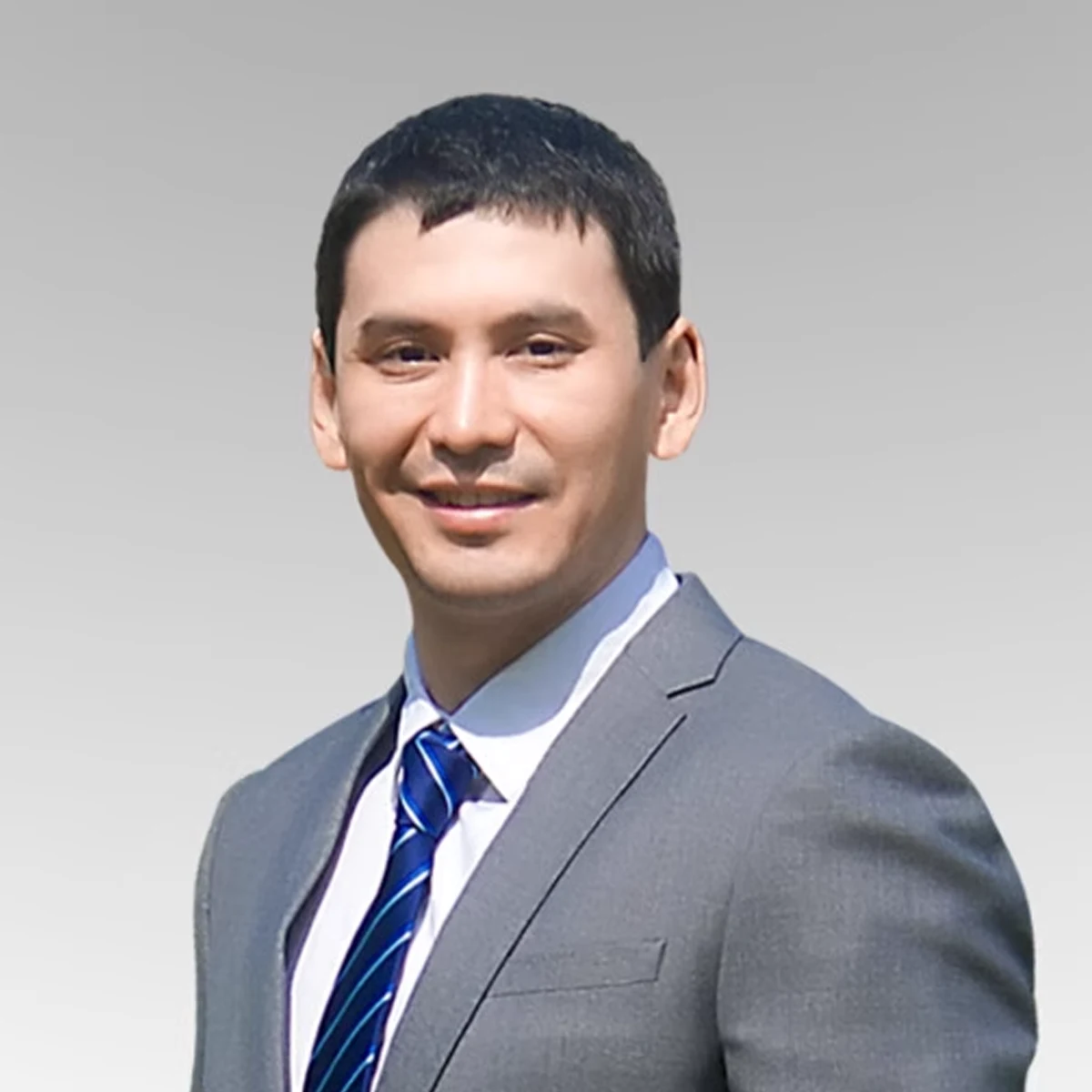

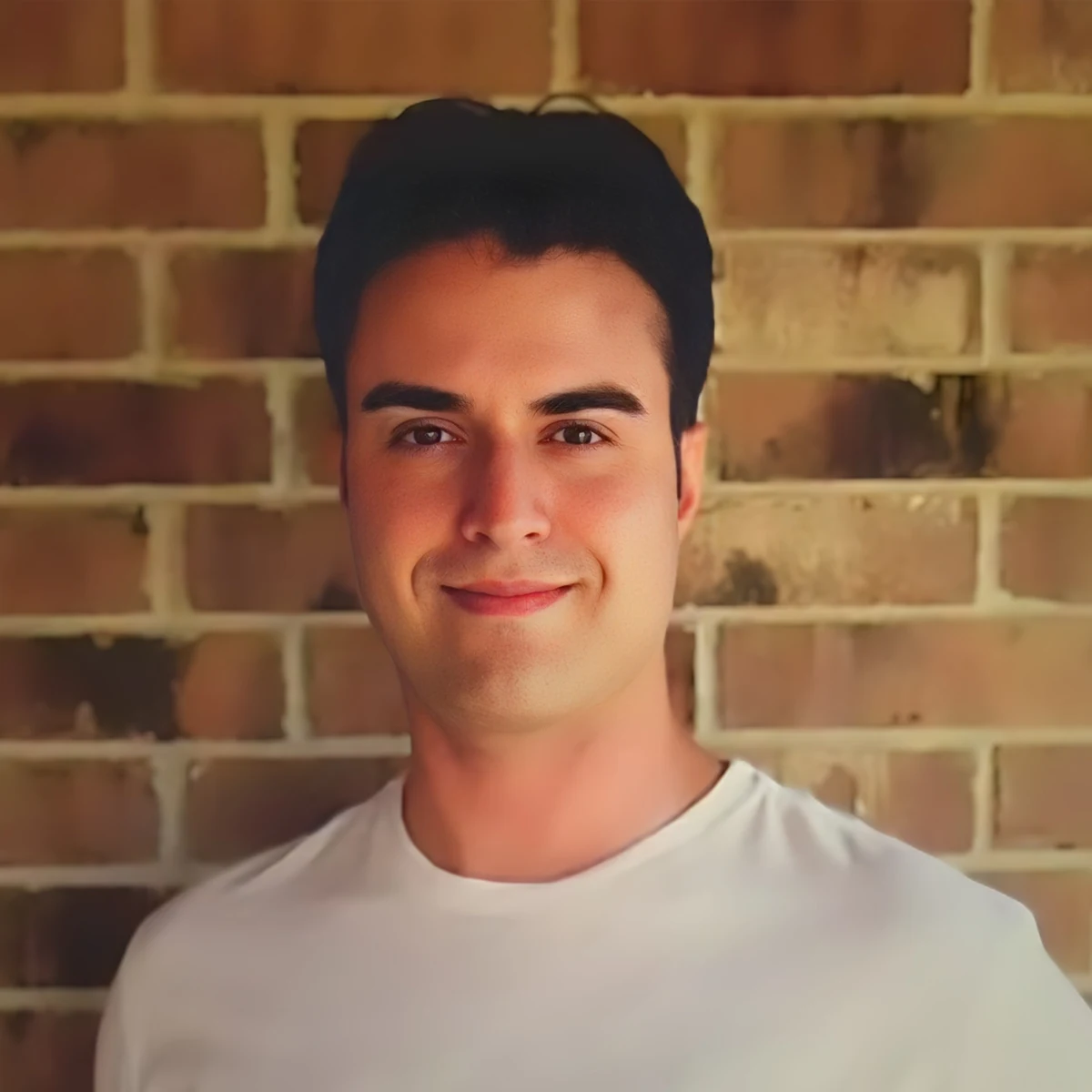

Laith Al-Saadoon is a Principal AI Engineer at Amazon Web Services (AWS), where he works on open-source agentic AI tooling and customer prototypes. He is the creator of AWS MCP Servers, an open-source project with 6.9k+ stars that has become a de facto standard for AWS MCP implementations, serving millions of monthly requests. He is frequently consulted by AWS product teams on agentic AI strategy and emerging AI capabilities.
With nine years at AWS, Laith has architected AI solutions for Fortune 500 enterprises including United Airlines, AutoNation, and PagerDuty. His work spans agentic AI systems, real-time voice AI, and generative AI applications that have been featured in AWS keynotes by Dr. Werner Vogels and Matt Garman, AWS CEO. He has authored eight AWS blog posts on machine learning, generative AI, and data analytics.
Beyond AWS, Laith contributes to open-source AI frameworks including LangChain, Strands Agents SDK, and Mem0. He co-authored "Minding the Machines," a whitepaper on AI ethics in criminal justice systems with the Center for Justice Innovation.
Laith holds a B.S. in Biomedical Science from La Sierra University, where he built computational genomics pipelines for DNA sequencing and conducted genome-wide association studies linking single nucleotide polymorphisms to body size phenotypes—an interdisciplinary foundation in large-scale data analysis and statistical inference that shaped his transition into AI engineering.
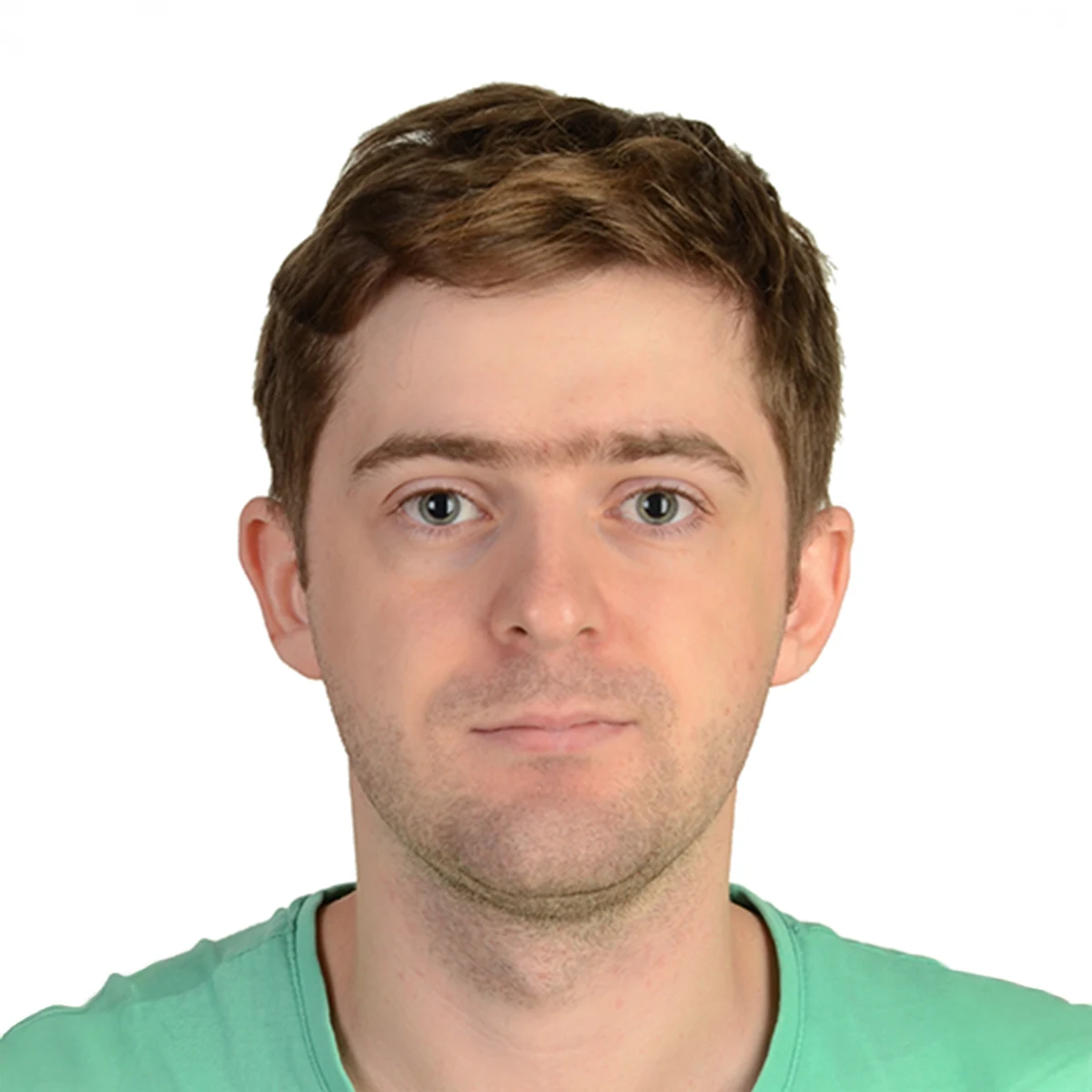

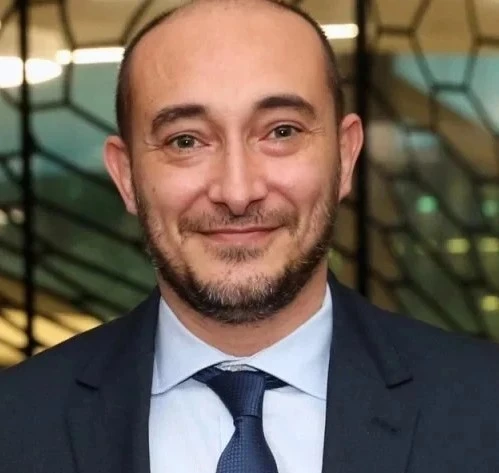

This talk examines how open and interoperable AI systems can operationalize the Sustainable Development Goals (SDGs) through a dual technical and governance lens. At the meta level, it focuses on using AI to connect the different SDGs targets and redesigning the SDGs framework as a system of systems. The goal is to reveal hidden patterns, dependencies, and interactions across goals, enabling more integrated and data-driven decision-making. By linking sectoral AI models and datasets through open standards, modular APIs, and transparent governance frameworks, this approach aims to turn the SDGs into an interconnected ecosystem rather than a collection of isolated targets. Such integration enables interoperability, collective intelligence, and real-time monitoring of progress across SDGs.
At the SDG implementation level, the talk presents concrete examples of AI applied to global goods in health, agriculture, education, and climate resilience, demonstrating how open-source approaches lower costs, enhance reproducibility, and improve trust. The presentation also discusses the need for common benchmarks, lifecycle energy efficiency metrics, and context-aware evaluation frameworks to ensure that AI for the SDGs remains accountable, sustainable, and globally accessible.
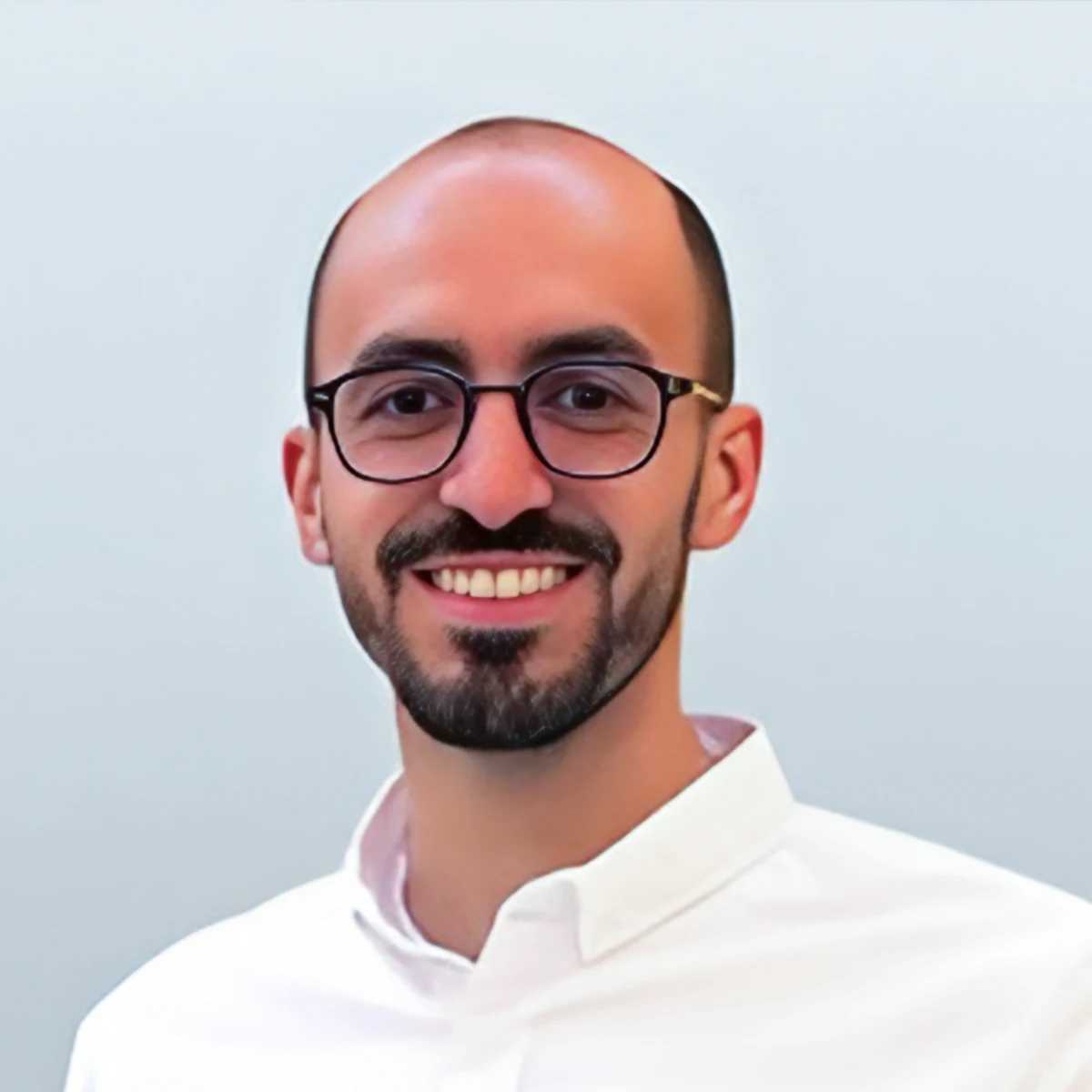

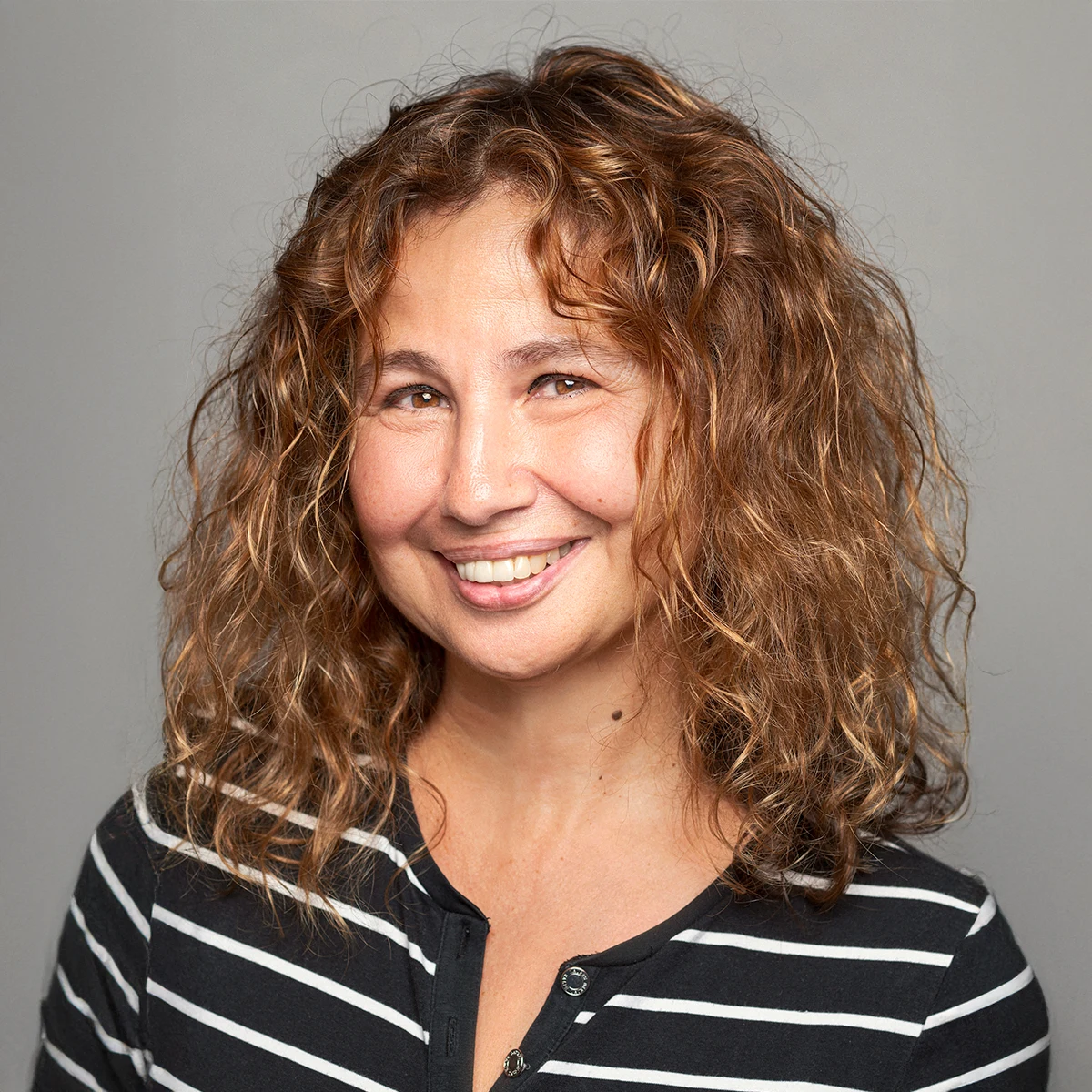

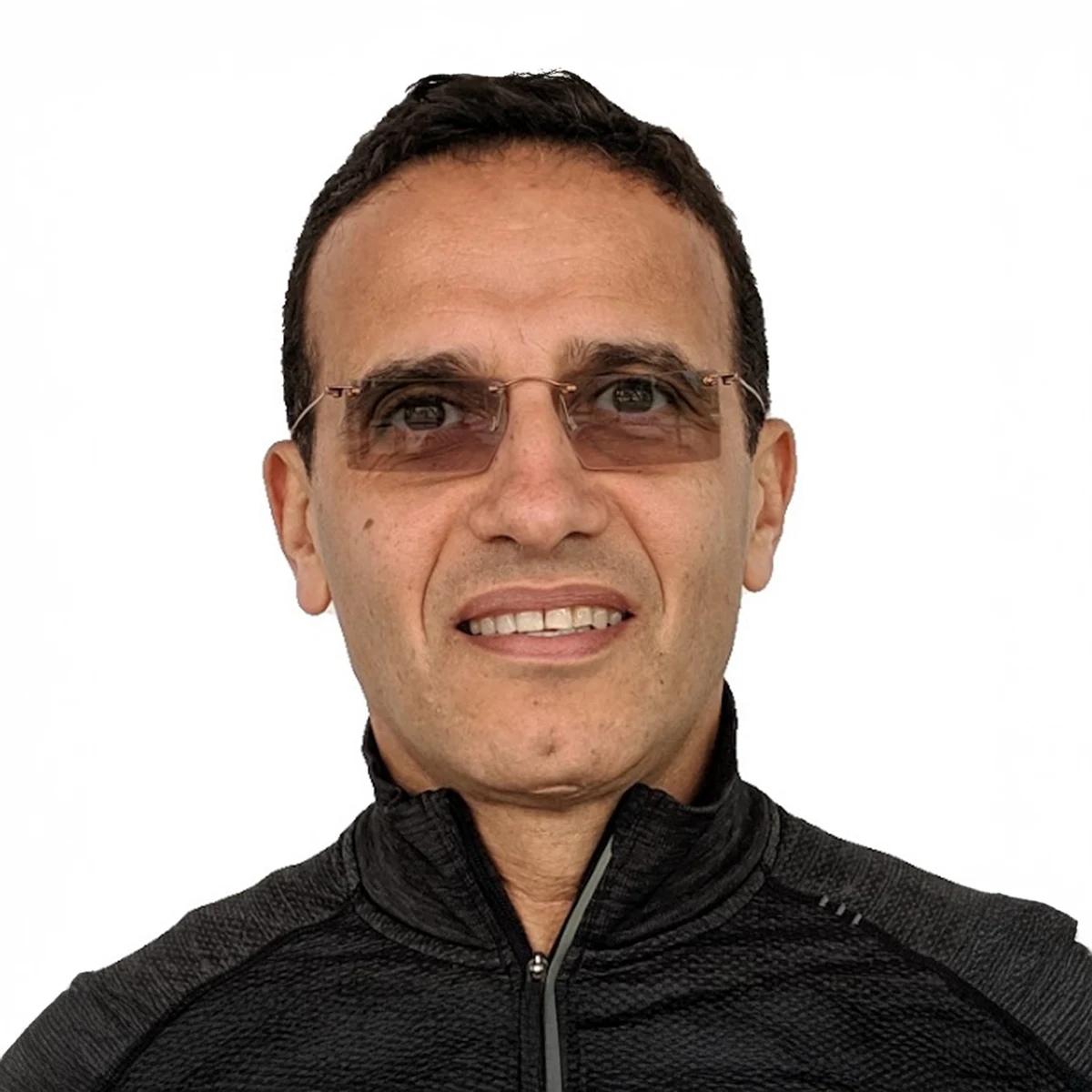

Newfel Harrat is an engineering director at Google Cloud, where he oversees the Open Source Software AI/ML Software Stack. In this role, he focuses on AI/ML Frameworks designed to accelerate both model training and inference. Prior to his current position, Harrat led the Gemini Code Assist team at Google, where he was instrumental in developing AI-powered code generation tools that significantly enhanced developer productivity.
Newfel is dedicated to utilizing AI to enable developers and streamline their product development. He is also a fervent supporter of diversity and inclusion within the technology sector.
Newfel's career before Google Cloud included leading software development for Google Chrome OS.
Before joining Google, he led an engineering team focused on AI-driven incident prevention software for automotive and large enterprise fleets.
Newfel also held senior leadership positions at several Fortune 100 companies (Intel, Qualcomm, ADI), where he oversaw global software development teams.
He earned both a Bachelor of Science and a Master of Science degree in Electrical Engineering from the University of Massachusetts, specializing in Neural Network and Stochastic Signal Processing.
